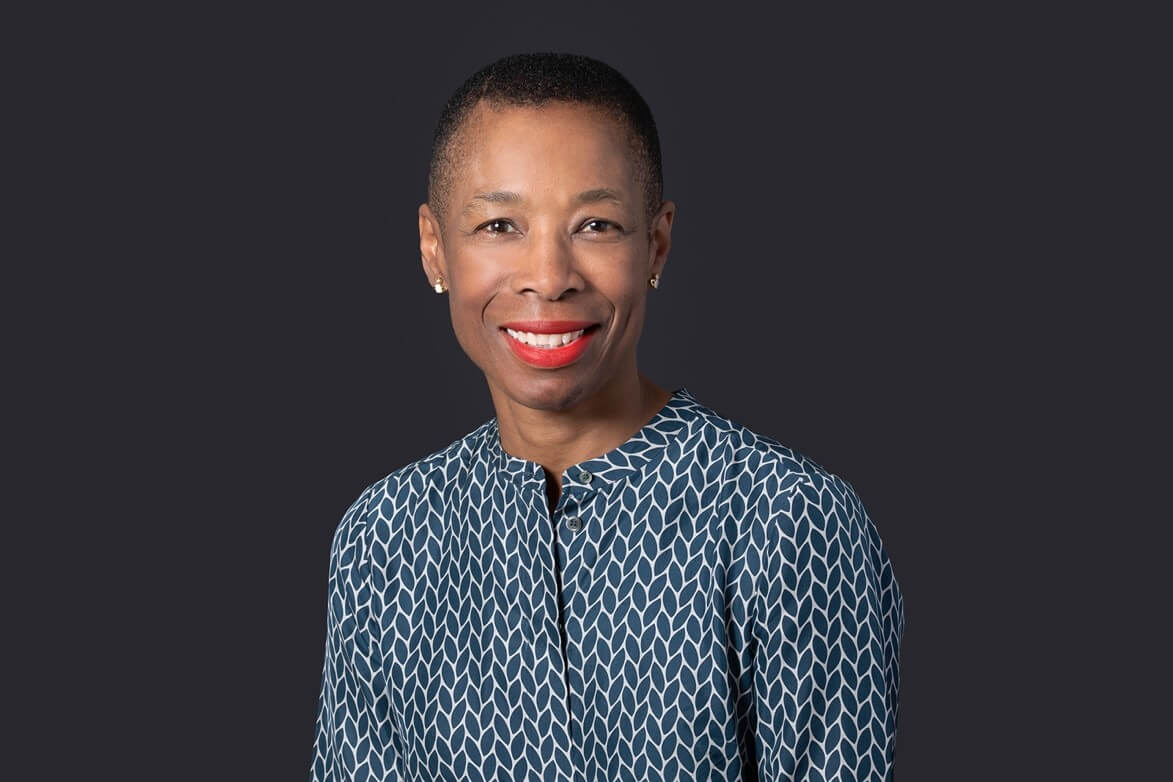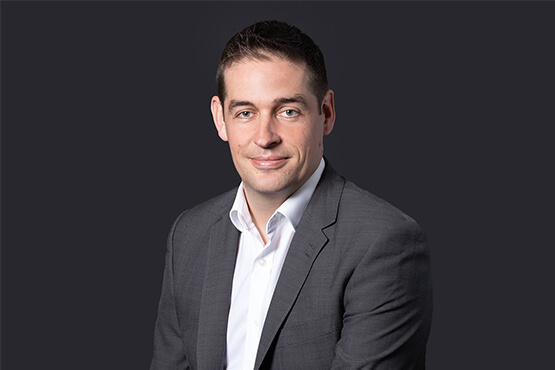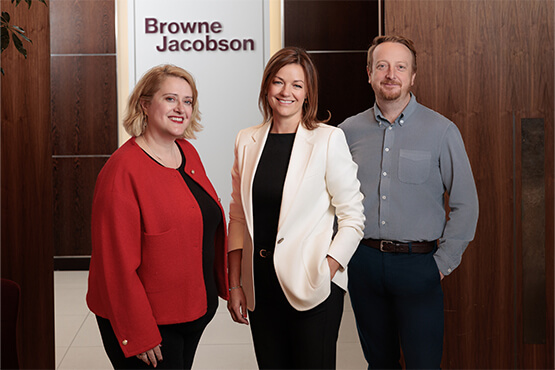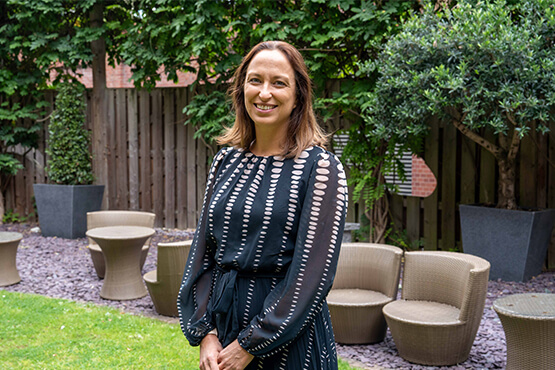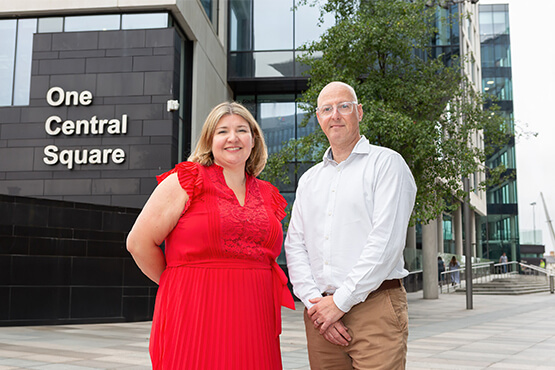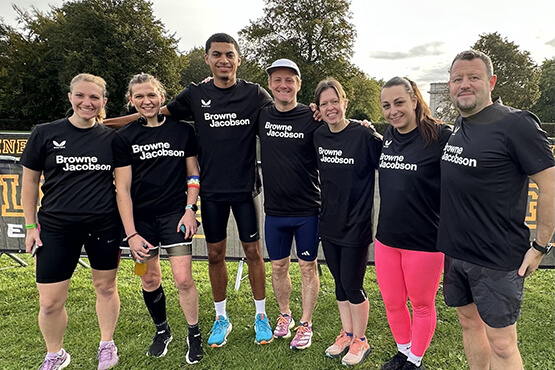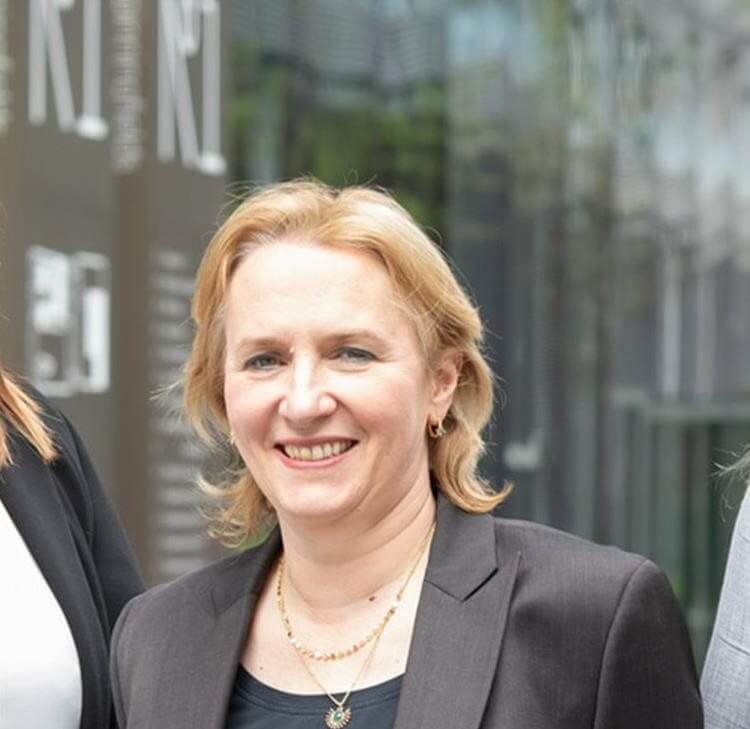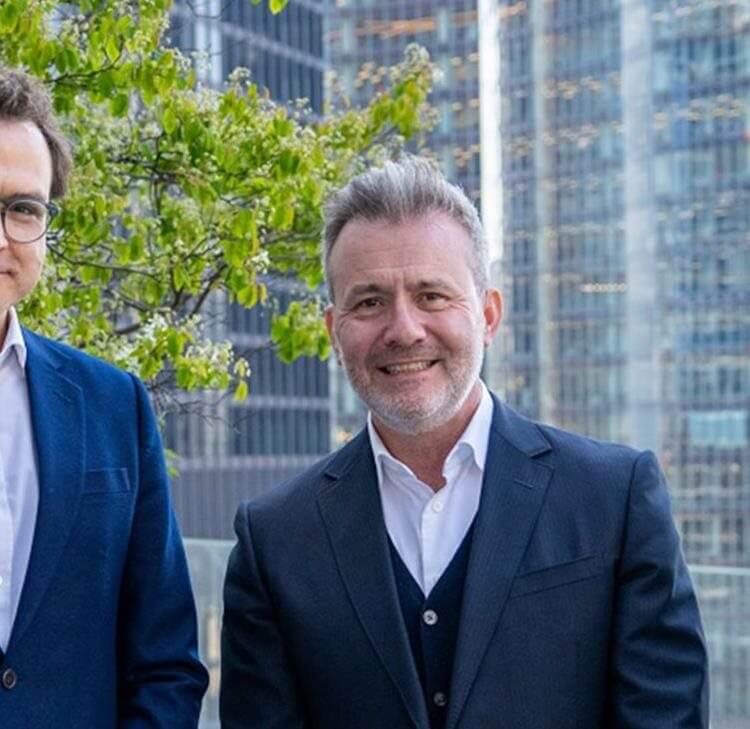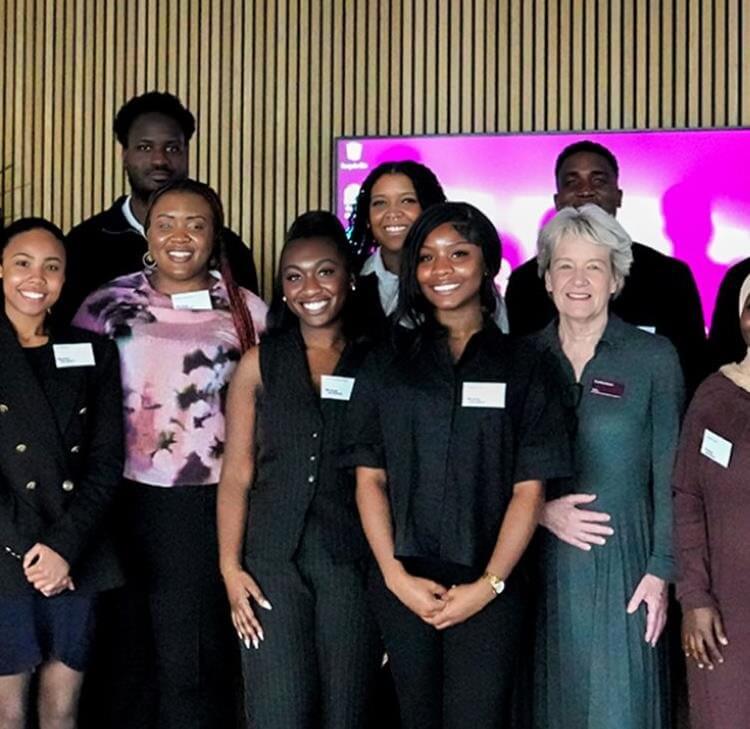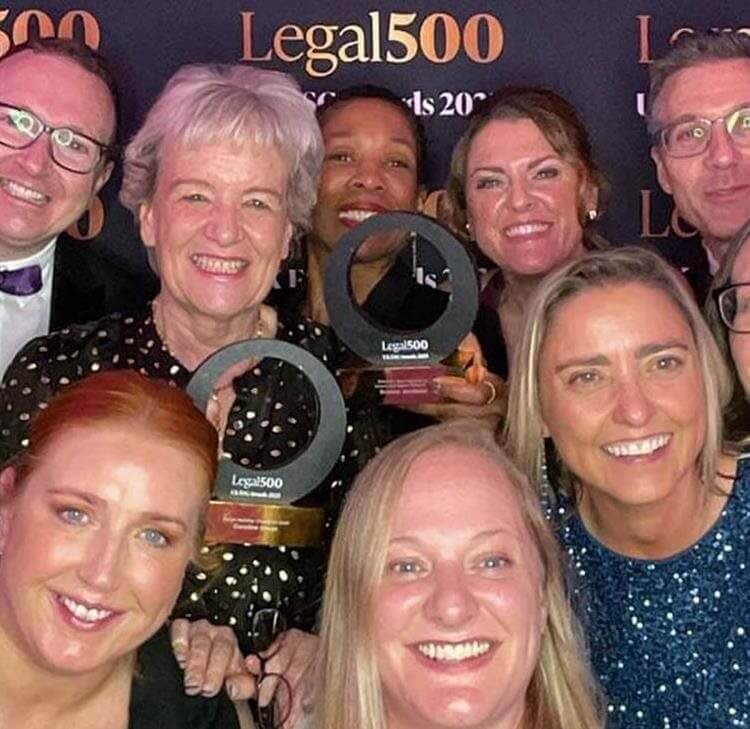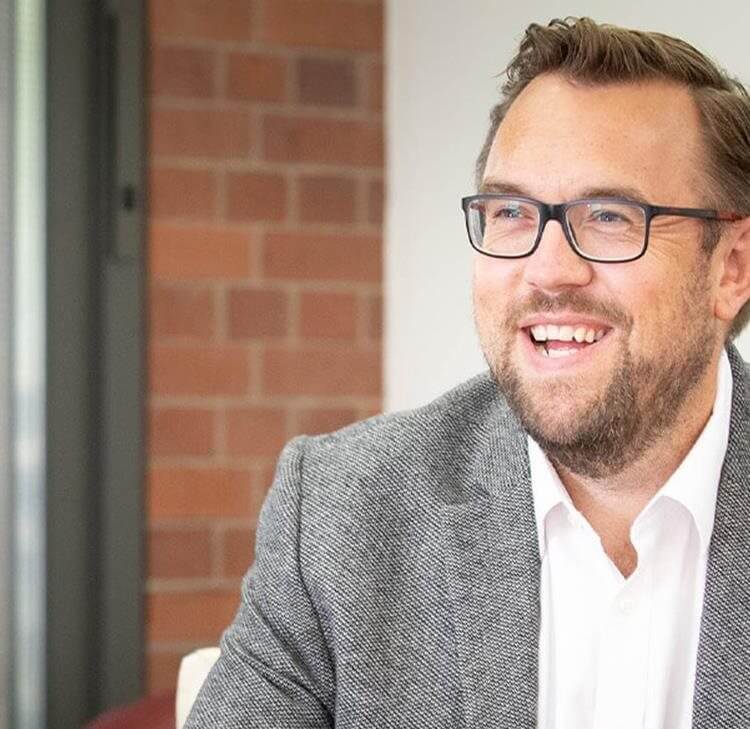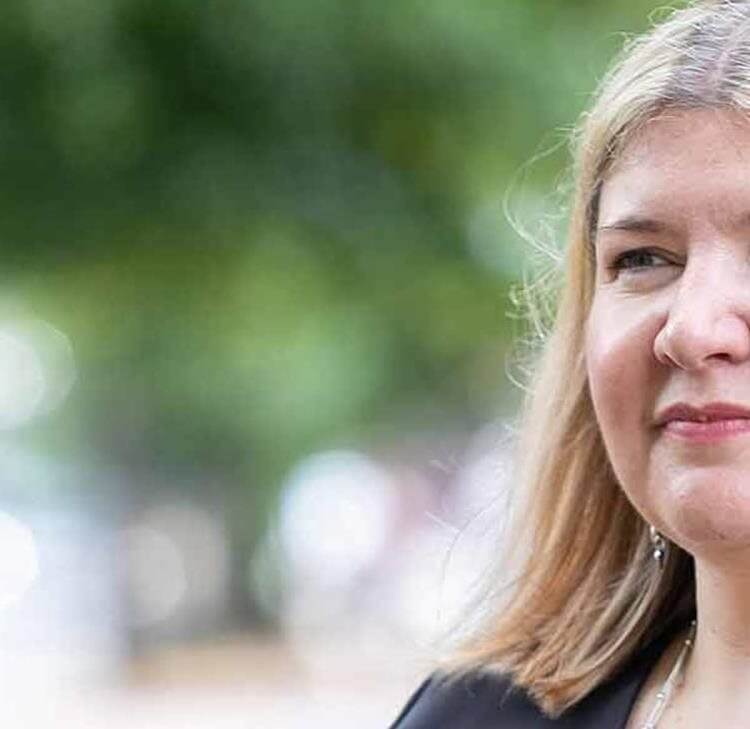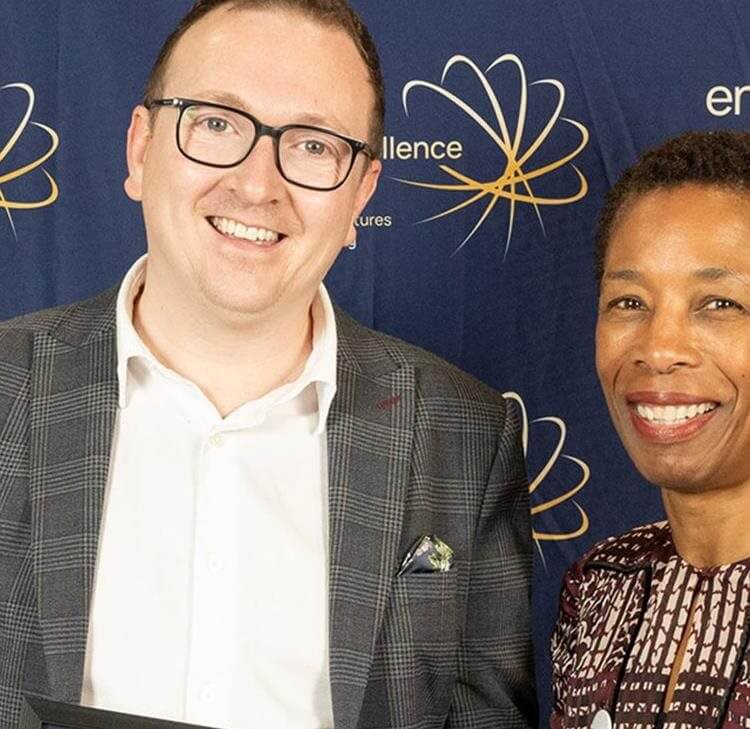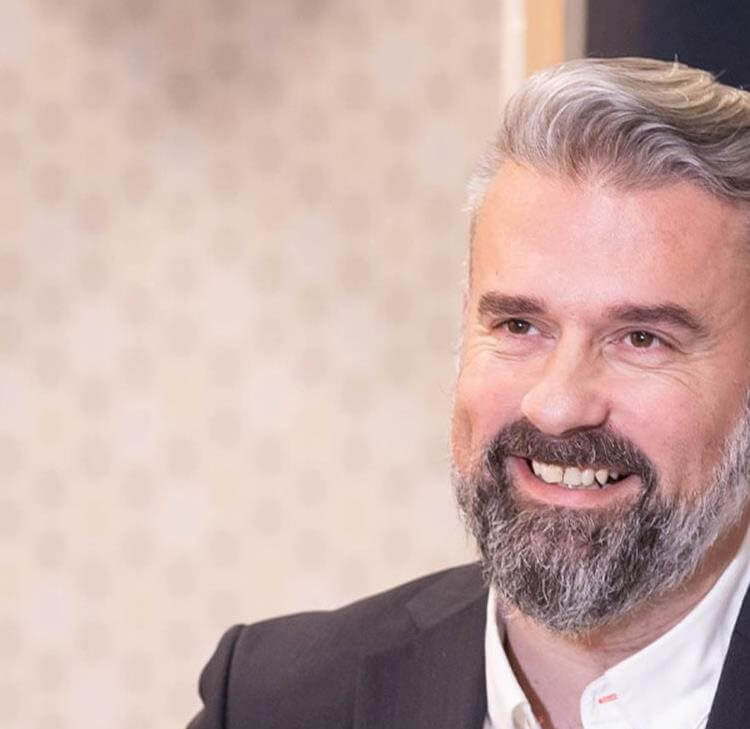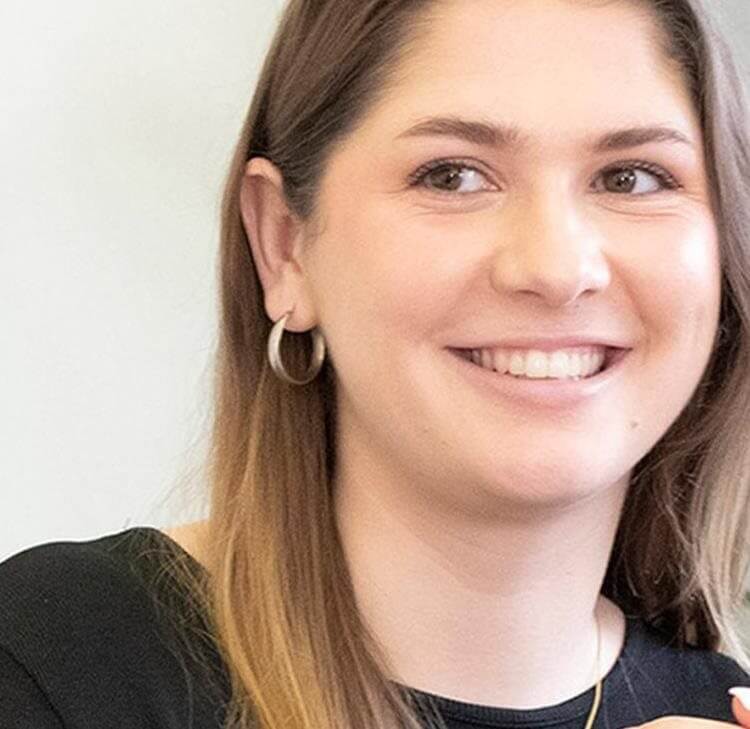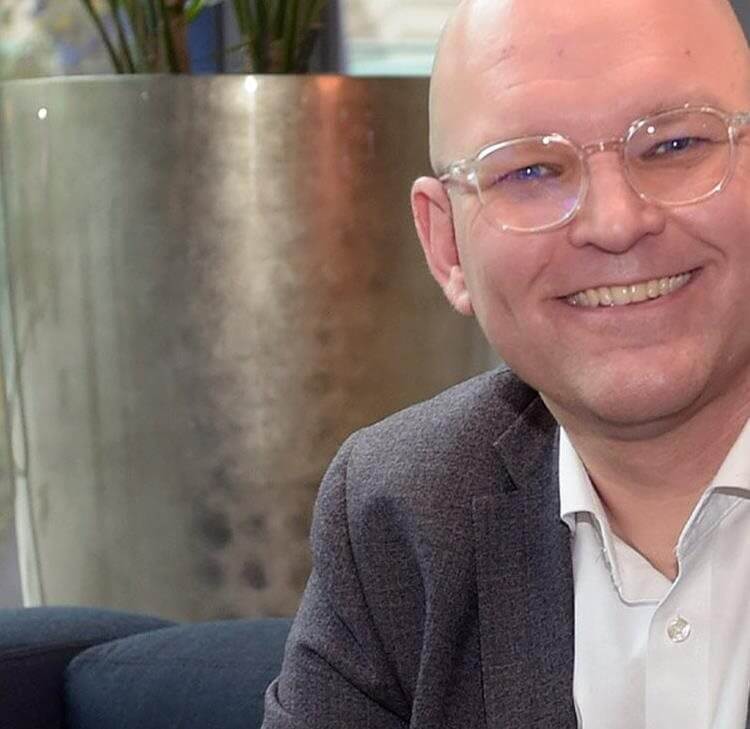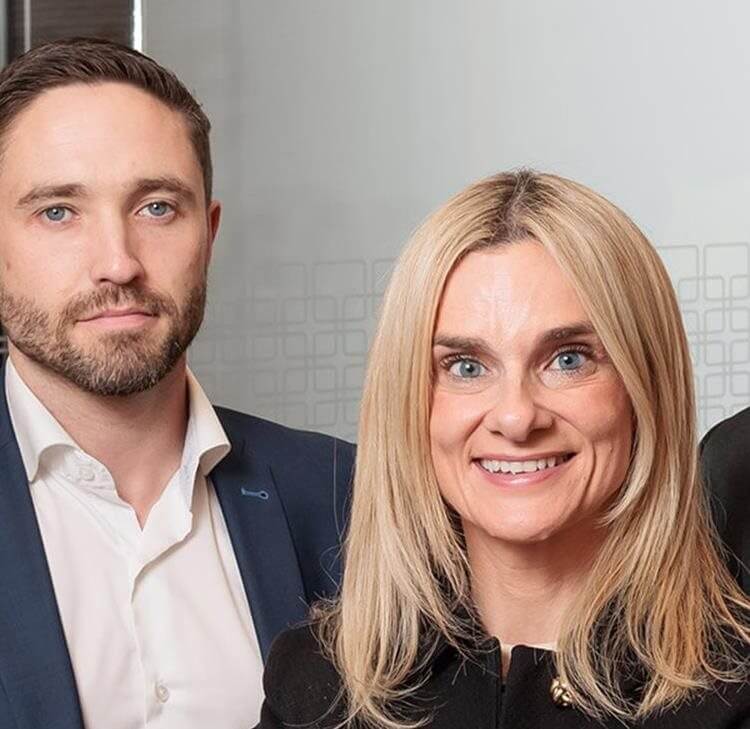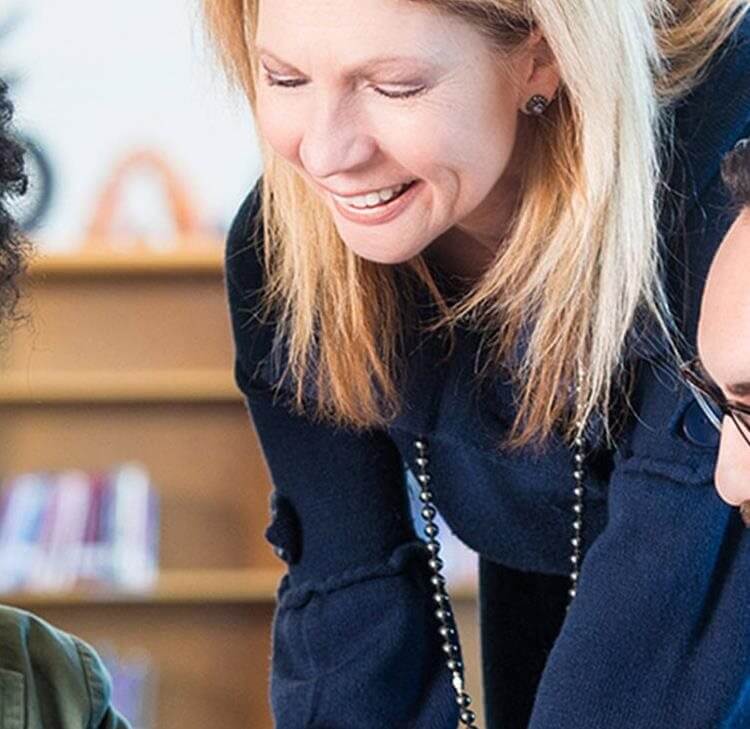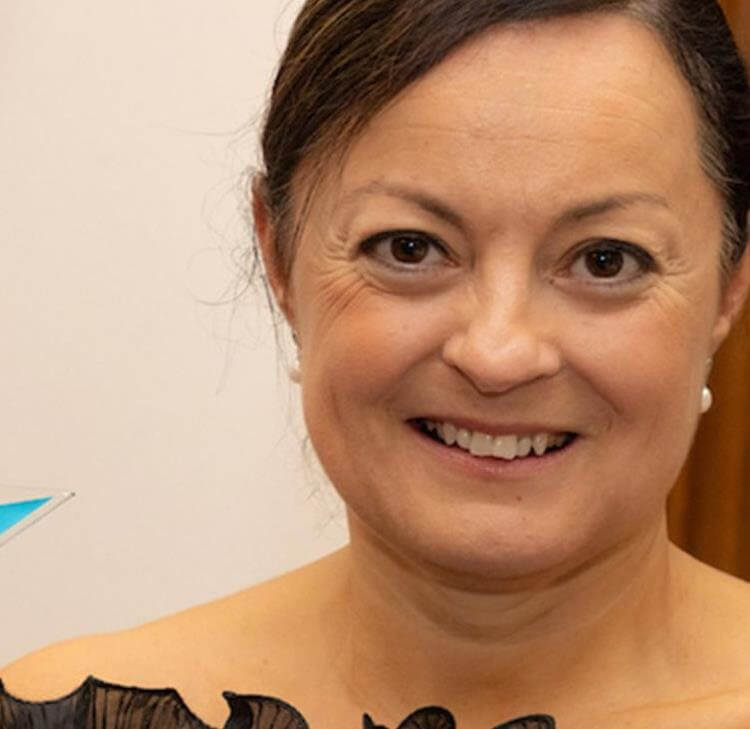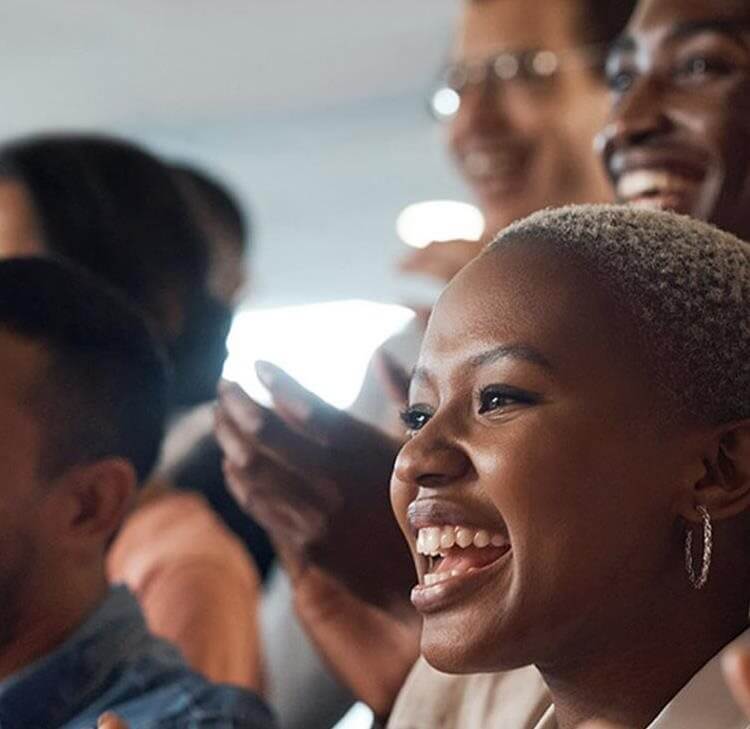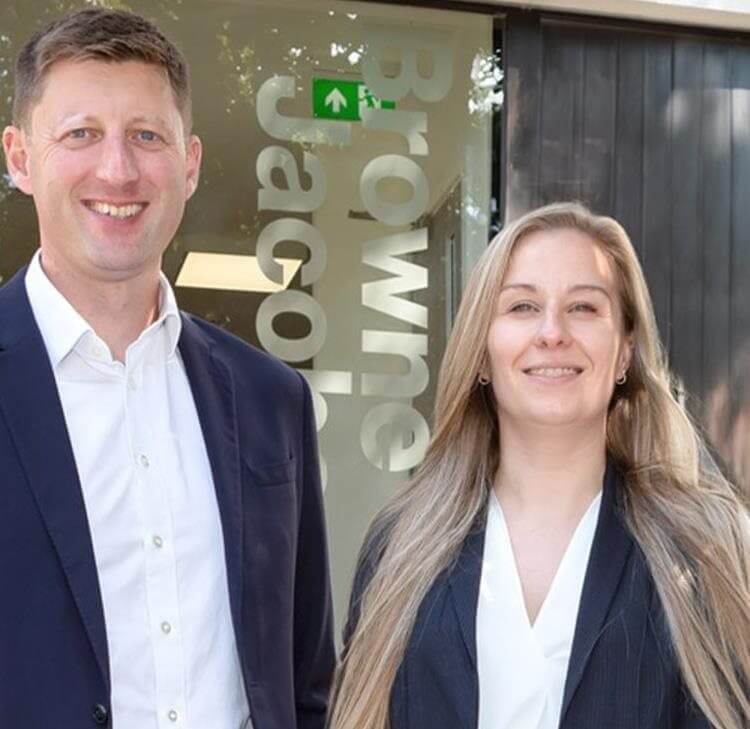
Diversity, equity and inclusion
As a firm, we want everyone to feel a sense of belonging and safe in the knowledge that they’re valued for their differences and unique strengths.
Our workforce should be reflective of the clients we serve and the communities we operate in. We strive to be at the forefront of society’s biggest issues and use our position and influence to offer equality of opportunity for all. As such, our aspiration is to be the most diverse, equitable and inclusive law firm in the UK and Ireland, creating a workplace in which everyone can thrive and succeed.
Diversity, equity and inclusion: From structure to culture
Diversity, equity and inclusion (DEI) are fundamental to our culture, embedded in our core values and fostered throughout our firm at every level through policy, education, advocacy and allyship. While creating an inclusive and diverse working environment requires impactful strategy, we are clear that this work is everyone’s responsibility and this sense of accountability and ownership is a key way in which our people contribute to our success.
Moving the dial within the firm and the wider legal profession takes bold action and clear, measurable goals. Lasting change will only be achieved when senior level jobs are accessible to all and when the career paths to achieve them are equally accessible. This is why we have set initial diversity targets of a minimum of 50% female and 12% UK Ethnic Minority partners by 2026.
Partnering with specialist third-party organisations enables us to stay closely aligned to best practice while our ‘one firm, wherever you are’ flexible working policy furthers our goals as a progressive and inclusive workplace.
Widely recognised and celebrated for our commitment to DEI, we are one of the leading employers in the Social Mobility Foundation’s Employer Index for 2024, the leading authority on social mobility workplace best practice in the UK.

Social Mobility Incubator webinar series
These sessions are designed to help you develop and implement an effective social mobility strategy. Our industry experts guide you through key steps to achieve meaningful change, with practical advice and insights.
Shape your social mobility strategyFocusing on change
We are committed to promoting gender equity through our Sustainable Gender Balance programme designed to provide the levers and mechanisms to support a more representative workforce throughout the firm.
We continue to drive understanding of the benefits of gender balance within the firm, highlighting how everyone can proactively engage in efforts to recruit, develop and retain our balanced workforce. As signatories to the Law Society’s Women in Law Pledge, we are committed to building awareness, education and advocacy across the firm through our Gender and Working Families employee networks.
Our Sustainable Gender Balance programme is designed to provide the levers and mechanisms to support a more representative workforce throughout the firm.
We are embedding this vision by:
- Developing a focused, long-term view of people’s career journeys and potential and identifying specifically how we develop future talent at all levels. Our approach will ensure our promotion processes are equitable and that we are succession planning for key leadership roles.
- Developing targeted mentoring and support programmes throughout the business to remove perceived barriers to female progression.
- Ensuring all recruitment and promotion panels are gender-balanced and, where possible, have greater diversity from under-represented groups.
- Continuing to carry out equal pay audits to ensure that like-for-like roles are paid equally.
- Driving towards our leadership target of 50% female (minimum) representation in the partnership by 2026.
- Publishing our annual gender pay gap report and analysing the data to understand and address our pay gaps by ensuring that we are actively engaging, progressing and retaining women.
- Enhancing our strategy to ensure that we are supporting menopause and other wellbeing initiatives across the firm.

We recognise that a people-first culture must put initiatives and policies in place that support working families and carers, enabling them to succeed in their career as well as meet responsibilities outside the workplace.
The challenges of balancing parental or other caring responsibilities with a career can create barriers to wellbeing and progression if not acknowledged and flexed, particularly for women. We recognise that a people-first culture must put initiatives and policies in place that support both - reducing attrition at key life stages and having a direct impact on the numbers of women represented in senior leadership.
We’re taking action by:
- Reviewing policies on shared parental leave, maternity, paternity and adoption leave and supporting working carers.
- Recognising the diversity of families and establishing a variety of family-friendly leave policies to support working parents.
- Introducing a ‘return to work’ programme encompassing pre-leave, in-leave contact and return to work/transition support for occasions such as parental leave, long-term sickness and absence.
- Creating a Families Hub, a central resource where employees have access to all our policies and procedures around parenthood.
- Continuing to promote our flexible working policy ‘one firm, wherever you are’ which we recognise to be a key lever in enabling working parents to achieve success.
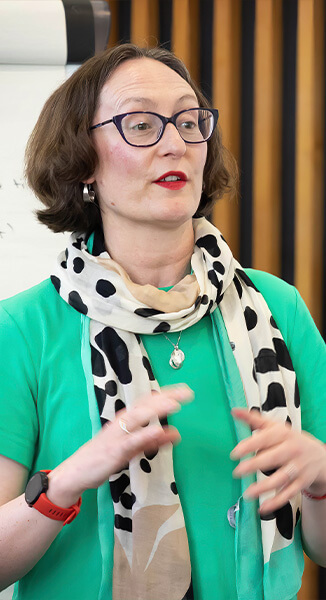
We are committed to being an anti-racism firm that puts equity at the heart of everything we do, focused on engaging, retaining and growing talent that reflects the vibrant ethnic diversity of the societies we operate in.
We are committed to being an anti-racism firm that tackles inequality, eradicates systemic racism and puts equity and fairness at the heart of everything we do. As signatories to the BITC Race at Work Charter, we focus on implementing strategic plans across the firm to engage, retain and grow talent that reflects the vibrant ethnic diversity of the societies we operate in.
Our active REACH (Race Ethnicity & Cultural Heritage) community plays a key part in this mission, providing both positive challenge and continuous feedback from our workforce through which we can evaluate, measure and benchmark progress - and plan our ongoing work.
We’re taking action by:
- Committing to having a minimum of 12% UK ethnic minority partners in our firm’s Leadership by 2026.
- Launching our Race Action Plan, focusing on recruitment, progression and retention in 2024.
- Rolling out mandatory firmwide DEI training (starting with Conscious Inclusion and Anti-Racism) to build awareness and advocacy.
- Launching our third annual REACH Mentoring programme with a minimum goal of 50% conversions from the programme into our recruitment pipeline.
- Continuing to publish crucial data, such as our Ethnicity Pay Gap report.
Bridget Tatham is the sponsor for the REACH network and Co-Sponsor of D&I, helping to champion this at a senior level within the firm.
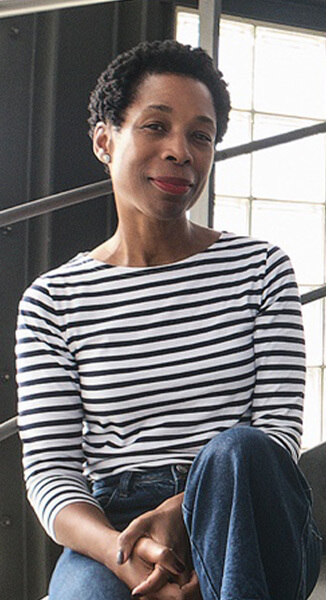
With talent from lower socio-economic and minority backgrounds still hugely under-represented in the legal profession, we are passionate about finding innovative ways to change things.
Our dedicated social mobility team was created in 2023 to further focus and drive our already active and award-winning initiatives in this area.
We are passionate about levelling the playing field for those who wish to enter the legal industry. Research shows that for each year a child spends in education, the discrepancy between rich and poor grows, with the attainment gap accelerating year-on-year. Just one in 10 students from poorer backgrounds achieve similar career success as those from wealthy backgrounds. This lack of upward mobility means that talent is often underdeveloped through lack of equal opportunity.
Informing and connecting students with opportunities and potential employers is essential to improving social mobility. Students with family members from a professional background frequently have far greater knowledge of how to go about finding opportunities and are more likely to have connections to help them secure work experience. Employers and schools are critical when it comes to building alternative support networks for students who don’t have access to these advantages.
Contextual recruitment
In 2016, we removed our requirement for minimum A-level grades for our trainees and have since anonymised all application forms and CVs. This allows us to remove unconscious bias and recognise the importance of exploring the variety of experiences and achievements that individuals can bring to Browne Jacobson outside of traditional academic achievement.
As a member of RARE – an organisation committed to making elite professions more diverse - we use its contextual recruitment system predominantly for our training contract recruitment. This allows us to contextualise applications and measure against academic performance for a fairer process, ensuring that we are recruiting from the widest possible talent pool.
FAIRE
With talent from lower socio-economic and minority backgrounds still hugely under-represented in the legal profession, we’re passionate about finding innovative ways to change this. Our award-winning FAIRE (Fairer Access Into Real Experience) programme has pioneered a new way in which law firms can encourage diverse talent into the profession - an achievement that we are very proud of.
FAIRE aims to support social mobility by providing equal access to paid work experience to students who may not have direct access to connections, networks, financial support or stronger educational qualifications. The programme is designed to remove barriers to entering the industry and pave the way for a career in the legal sector. Internally, our targets ensure a minimum of 50% of our work experience placements are given to disadvantaged students across our national offices.
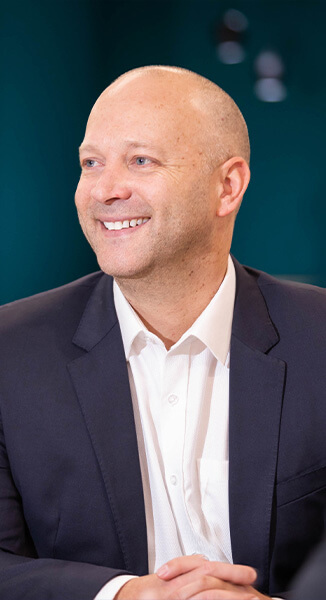
Our DEI strategy addresses both physical and non-visible disabilities to create a culture in which everyone’s abilities are celebrated and where they feel confident to ask for any reasonable adjustments they might need.
We want to promote disability confidence and create a culture where everyone’s strengths and abilities are celebrated and in which they feel seen and heard. You can find out more about how we’re promoting a disability confident culture at Browne Jacobson here.
We take a broad view of disability, ensuring that our DEI strategy addresses both physical disabilities but also non-visible disabilities and challenges, including neurodivergence, mental health and long-term and chronic conditions.
Working with management teams through our Disability and Long-term Conditions Employee Network, we take feedback from diverse voices within the community, ensuring that we stay aligned with best practices and continue to support our employees in the most impactful and relevant ways.
Alongside this, we are also addressing our recruitment and resourcing to work to close the disability employment gap, looking carefully at how we can attract and retain more diverse talent into Browne Jacobson.
We’re taking action by:
- Attaining Disability Confident Level 3 accreditation in 2024 due to our continued and sustained focus on accessibility and removing barriers to inclusion.
- Signing up to the Disability Confident guaranteed interview scheme for applicants with disability, providing they meet the minimum standards for the role.
- Enhancing our Assistive Technology and Workplace Adjustments provisions.
- Increasing our Mental Health First Aiders Network with a wide range of events and sessions designed to start positive conversations and promote wellbeing.
- Investing in sign language training for our front of house and events teams and offering this across the firm in 2024.
- Partnering with the Business Disability Forum to ensure we continue to stay aligned to best practice.
- Collaborating with our disabilities and conditions community when we introduce new training or systems to the firm to ensure they are accessible to everyone.
- Continuing to publish our Disability Pay Gap voluntarily.
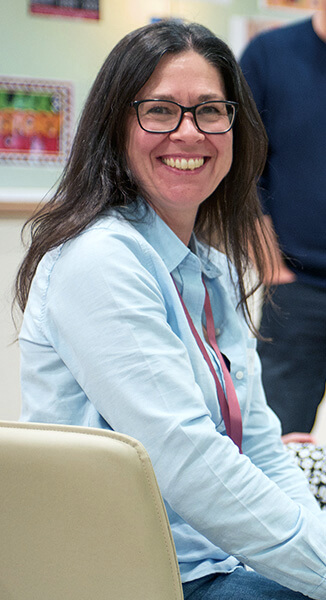
We believe everyone should have the freedom to be themselves at work and we support this through our Pride network, intersectional approach to initiatives and a focus on encouraging active allyship across the firm.
We have a growing LGBTQ+ community and recently launched our internal Pride Network to engage, inspire and educate the firm. We believe everyone should have the freedom to be themselves at work.
To help raise awareness and active engagement, we host regular internal events to educate the firm around key challenges and help promote better allyship. We recognise the importance of being an ally in creating an inclusive culture - and that allyship isn’t just passive support, but part of our everyday actions. As such, we proudly champion inclusion inside and outside the firm.
We’re taking action by:
- Celebrating and observing key dates and campaigns such as LGBTQ+ History Month, Pride Month, Transgender Day of Visibility.
- Promoting LGBTQ+ role models across the firm, using storytelling to help promote awareness.
- Ensuring we are promoting intersectionality and serving those from under-represented sections of the LGBTQ+ community.
- Launching a transitioning at work policy to better support our transgender community.
- Actively participating in and having a presence at Pride parades across the communities we operate in.
- Recognising the diversity of families in all of our family policies.
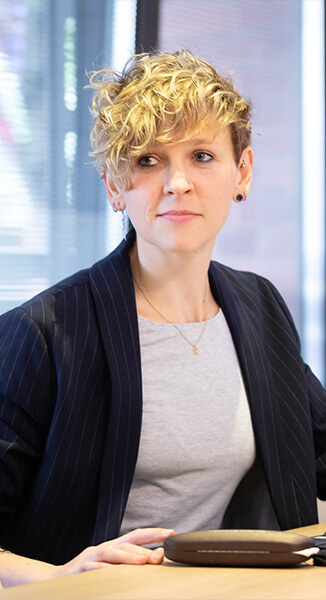
We are committed to promoting gender equity through our Sustainable Gender Balance programme designed to provide the levers and mechanisms to support a more representative workforce throughout the firm.
We continue to drive understanding of the benefits of gender balance within the firm, highlighting how everyone can proactively engage in efforts to recruit, develop and retain our balanced workforce. As signatories to the Law Society’s Women in Law Pledge, we are committed to building awareness, education and advocacy across the firm through our Gender and Working Families employee networks.
Our Sustainable Gender Balance programme is designed to provide the levers and mechanisms to support a more representative workforce throughout the firm.
We are embedding this vision by:
- Developing a focused, long-term view of people’s career journeys and potential and identifying specifically how we develop future talent at all levels. Our approach will ensure our promotion processes are equitable and that we are succession planning for key leadership roles.
- Developing targeted mentoring and support programmes throughout the business to remove perceived barriers to female progression.
- Ensuring all recruitment and promotion panels are gender-balanced and, where possible, have greater diversity from under-represented groups.
- Continuing to carry out equal pay audits to ensure that like-for-like roles are paid equally.
- Driving towards our leadership target of 50% female (minimum) representation in the partnership by 2026.
- Publishing our annual gender pay gap report and analysing the data to understand and address our pay gaps by ensuring that we are actively engaging, progressing and retaining women.
- Enhancing our strategy to ensure that we are supporting menopause and other wellbeing initiatives across the firm.

We recognise that a people-first culture must put initiatives and policies in place that support working families and carers, enabling them to succeed in their career as well as meet responsibilities outside the workplace.
The challenges of balancing parental or other caring responsibilities with a career can create barriers to wellbeing and progression if not acknowledged and flexed, particularly for women. We recognise that a people-first culture must put initiatives and policies in place that support both - reducing attrition at key life stages and having a direct impact on the numbers of women represented in senior leadership.
We’re taking action by:
- Reviewing policies on shared parental leave, maternity, paternity and adoption leave and supporting working carers.
- Recognising the diversity of families and establishing a variety of family-friendly leave policies to support working parents.
- Introducing a ‘return to work’ programme encompassing pre-leave, in-leave contact and return to work/transition support for occasions such as parental leave, long-term sickness and absence.
- Creating a Families Hub, a central resource where employees have access to all our policies and procedures around parenthood.
- Continuing to promote our flexible working policy ‘one firm, wherever you are’ which we recognise to be a key lever in enabling working parents to achieve success.

We are committed to being an anti-racism firm that puts equity at the heart of everything we do, focused on engaging, retaining and growing talent that reflects the vibrant ethnic diversity of the societies we operate in.
We are committed to being an anti-racism firm that tackles inequality, eradicates systemic racism and puts equity and fairness at the heart of everything we do. As signatories to the BITC Race at Work Charter, we focus on implementing strategic plans across the firm to engage, retain and grow talent that reflects the vibrant ethnic diversity of the societies we operate in.
Our active REACH (Race Ethnicity & Cultural Heritage) community plays a key part in this mission, providing both positive challenge and continuous feedback from our workforce through which we can evaluate, measure and benchmark progress - and plan our ongoing work.
We’re taking action by:
- Committing to having a minimum of 12% UK ethnic minority partners in our firm’s Leadership by 2026.
- Launching our Race Action Plan, focusing on recruitment, progression and retention in 2024.
- Rolling out mandatory firmwide DEI training (starting with Conscious Inclusion and Anti-Racism) to build awareness and advocacy.
- Launching our third annual REACH Mentoring programme with a minimum goal of 50% conversions from the programme into our recruitment pipeline.
- Continuing to publish crucial data, such as our Ethnicity Pay Gap report.
Bridget Tatham is the sponsor for the REACH network and Co-Sponsor of D&I, helping to champion this at a senior level within the firm.

With talent from lower socio-economic and minority backgrounds still hugely under-represented in the legal profession, we are passionate about finding innovative ways to change things.
Our dedicated social mobility team was created in 2023 to further focus and drive our already active and award-winning initiatives in this area.
We are passionate about levelling the playing field for those who wish to enter the legal industry. Research shows that for each year a child spends in education, the discrepancy between rich and poor grows, with the attainment gap accelerating year-on-year. Just one in 10 students from poorer backgrounds achieve similar career success as those from wealthy backgrounds. This lack of upward mobility means that talent is often underdeveloped through lack of equal opportunity.
Informing and connecting students with opportunities and potential employers is essential to improving social mobility. Students with family members from a professional background frequently have far greater knowledge of how to go about finding opportunities and are more likely to have connections to help them secure work experience. Employers and schools are critical when it comes to building alternative support networks for students who don’t have access to these advantages.
Contextual recruitment
In 2016, we removed our requirement for minimum A-level grades for our trainees and have since anonymised all application forms and CVs. This allows us to remove unconscious bias and recognise the importance of exploring the variety of experiences and achievements that individuals can bring to Browne Jacobson outside of traditional academic achievement.
As a member of RARE – an organisation committed to making elite professions more diverse - we use its contextual recruitment system predominantly for our training contract recruitment. This allows us to contextualise applications and measure against academic performance for a fairer process, ensuring that we are recruiting from the widest possible talent pool.
FAIRE
With talent from lower socio-economic and minority backgrounds still hugely under-represented in the legal profession, we’re passionate about finding innovative ways to change this. Our award-winning FAIRE (Fairer Access Into Real Experience) programme has pioneered a new way in which law firms can encourage diverse talent into the profession - an achievement that we are very proud of.
FAIRE aims to support social mobility by providing equal access to paid work experience to students who may not have direct access to connections, networks, financial support or stronger educational qualifications. The programme is designed to remove barriers to entering the industry and pave the way for a career in the legal sector. Internally, our targets ensure a minimum of 50% of our work experience placements are given to disadvantaged students across our national offices.

Our DEI strategy addresses both physical and non-visible disabilities to create a culture in which everyone’s abilities are celebrated and where they feel confident to ask for any reasonable adjustments they might need.
We want to promote disability confidence and create a culture where everyone’s strengths and abilities are celebrated and in which they feel seen and heard. You can find out more about how we’re promoting a disability confident culture at Browne Jacobson here.
We take a broad view of disability, ensuring that our DEI strategy addresses both physical disabilities but also non-visible disabilities and challenges, including neurodivergence, mental health and long-term and chronic conditions.
Working with management teams through our Disability and Long-term Conditions Employee Network, we take feedback from diverse voices within the community, ensuring that we stay aligned with best practices and continue to support our employees in the most impactful and relevant ways.
Alongside this, we are also addressing our recruitment and resourcing to work to close the disability employment gap, looking carefully at how we can attract and retain more diverse talent into Browne Jacobson.
We’re taking action by:
- Attaining Disability Confident Level 3 accreditation in 2024 due to our continued and sustained focus on accessibility and removing barriers to inclusion.
- Signing up to the Disability Confident guaranteed interview scheme for applicants with disability, providing they meet the minimum standards for the role.
- Enhancing our Assistive Technology and Workplace Adjustments provisions.
- Increasing our Mental Health First Aiders Network with a wide range of events and sessions designed to start positive conversations and promote wellbeing.
- Investing in sign language training for our front of house and events teams and offering this across the firm in 2024.
- Partnering with the Business Disability Forum to ensure we continue to stay aligned to best practice.
- Collaborating with our disabilities and conditions community when we introduce new training or systems to the firm to ensure they are accessible to everyone.
- Continuing to publish our Disability Pay Gap voluntarily.

We believe everyone should have the freedom to be themselves at work and we support this through our Pride network, intersectional approach to initiatives and a focus on encouraging active allyship across the firm.
We have a growing LGBTQ+ community and recently launched our internal Pride Network to engage, inspire and educate the firm. We believe everyone should have the freedom to be themselves at work.
To help raise awareness and active engagement, we host regular internal events to educate the firm around key challenges and help promote better allyship. We recognise the importance of being an ally in creating an inclusive culture - and that allyship isn’t just passive support, but part of our everyday actions. As such, we proudly champion inclusion inside and outside the firm.
We’re taking action by:
- Celebrating and observing key dates and campaigns such as LGBTQ+ History Month, Pride Month, Transgender Day of Visibility.
- Promoting LGBTQ+ role models across the firm, using storytelling to help promote awareness.
- Ensuring we are promoting intersectionality and serving those from under-represented sections of the LGBTQ+ community.
- Launching a transitioning at work policy to better support our transgender community.
- Actively participating in and having a presence at Pride parades across the communities we operate in.
- Recognising the diversity of families in all of our family policies.

Highlights
Double win at Legal 500 ESG Awards
Caroline Green, Senior Partner
"When I became Senior Partner, I put diversity, equity and inclusion at the forefront of my manifesto. My message was simple – that I wanted everyone at Browne Jacobson to be able to thrive and succeed."Read more
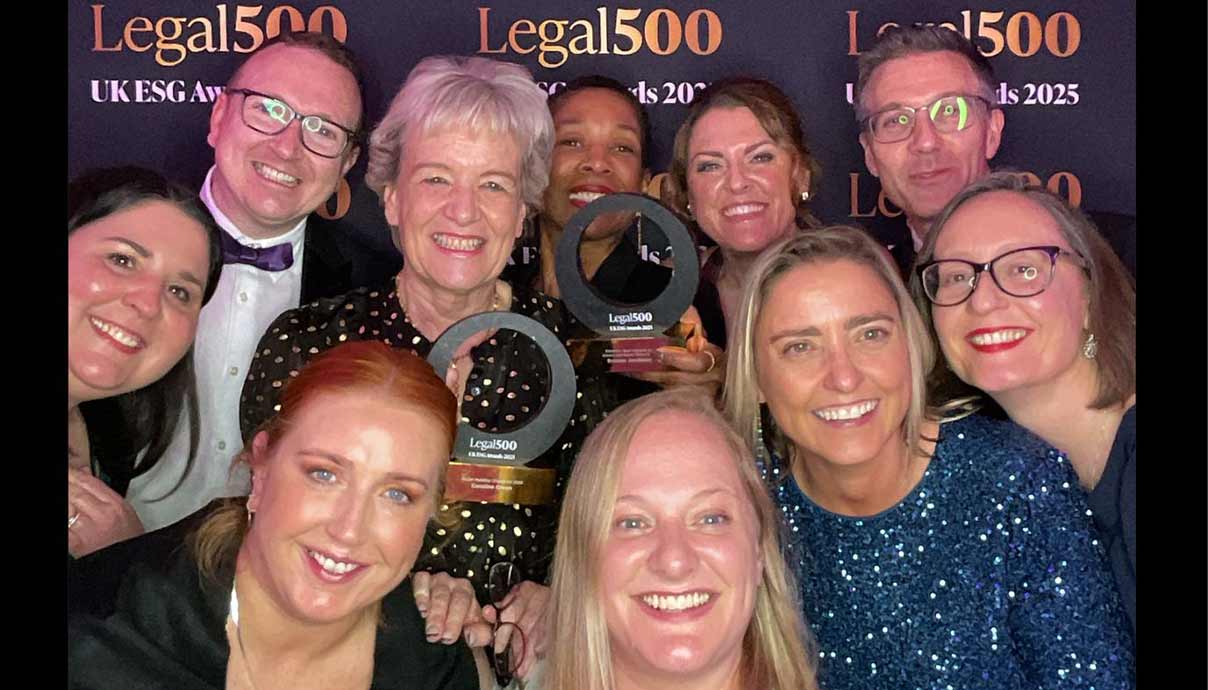
Honoured for innovation at enei’s 2024 Inclusivity Excellence Awards
Bridget Tatham, Partner and Executive Sponsor for Race and Ethnicity
"We have as a firm been committed to promoting equality and diversity through our work for a number of years, so it is great to see that this is recognised both nationally and in the local communities we operate in."Read more
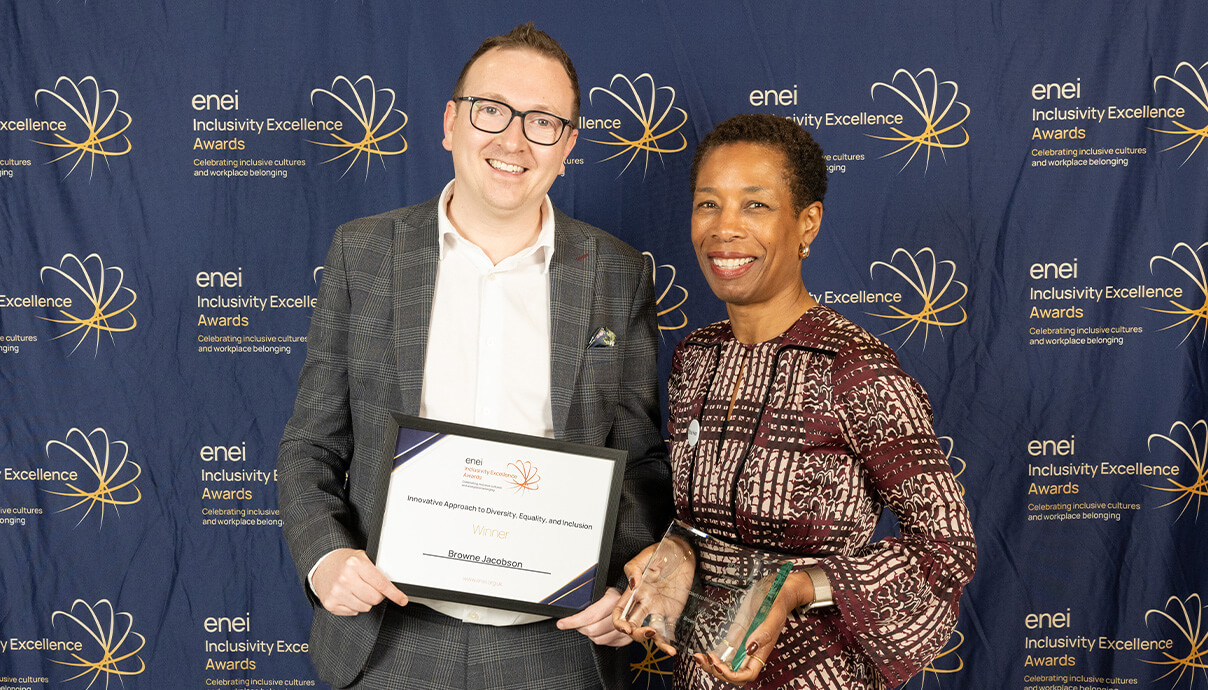
Top accreditation in UK Government’s Disability Confident employer scheme
Mark Blois, Partner and Disability and Conditions Network Sponsor
"Our Disability and Conditions network has been a fantastic driving force in helping our firm achieve such an important milestone in its inclusion journey."Read more
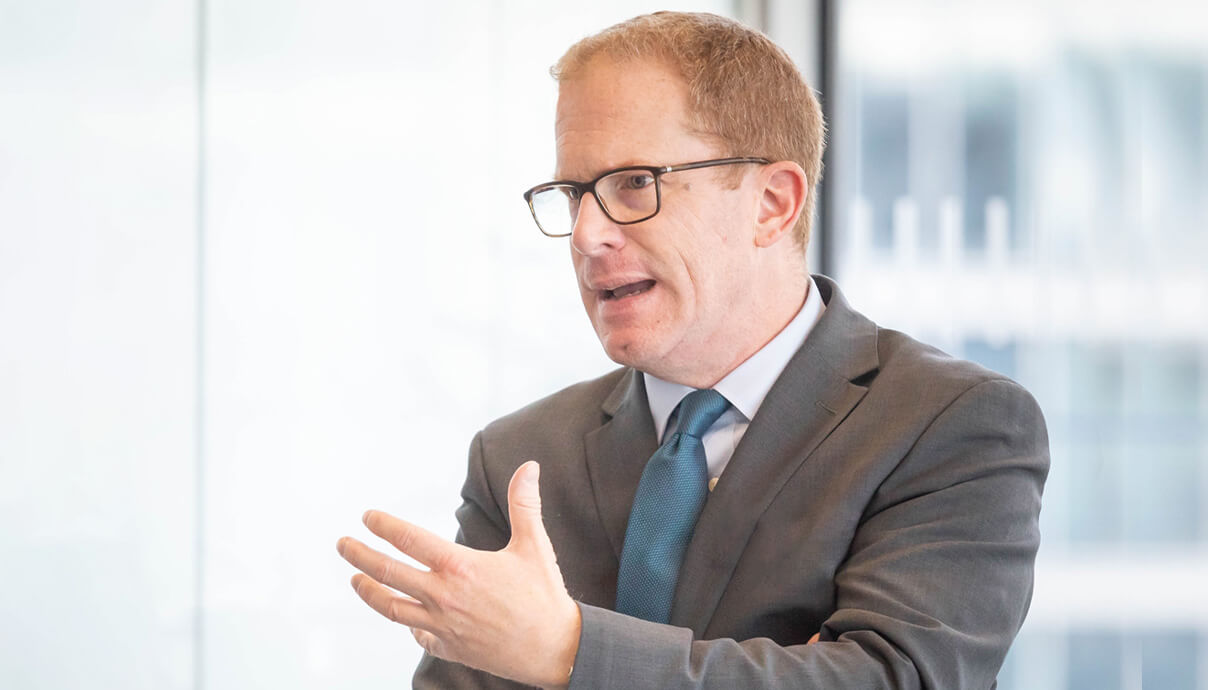
Top ranked law firm in Social Mobility Employer Index 2024
Tom Lyas, Head of Resourcing and Social Mobility
"Our approach has always been about setting new standards in the legal sector, and this recognition inspires us to push even further in ensuring the law is accessible as a career to everyone with the talent and ambition to succeed."Read more
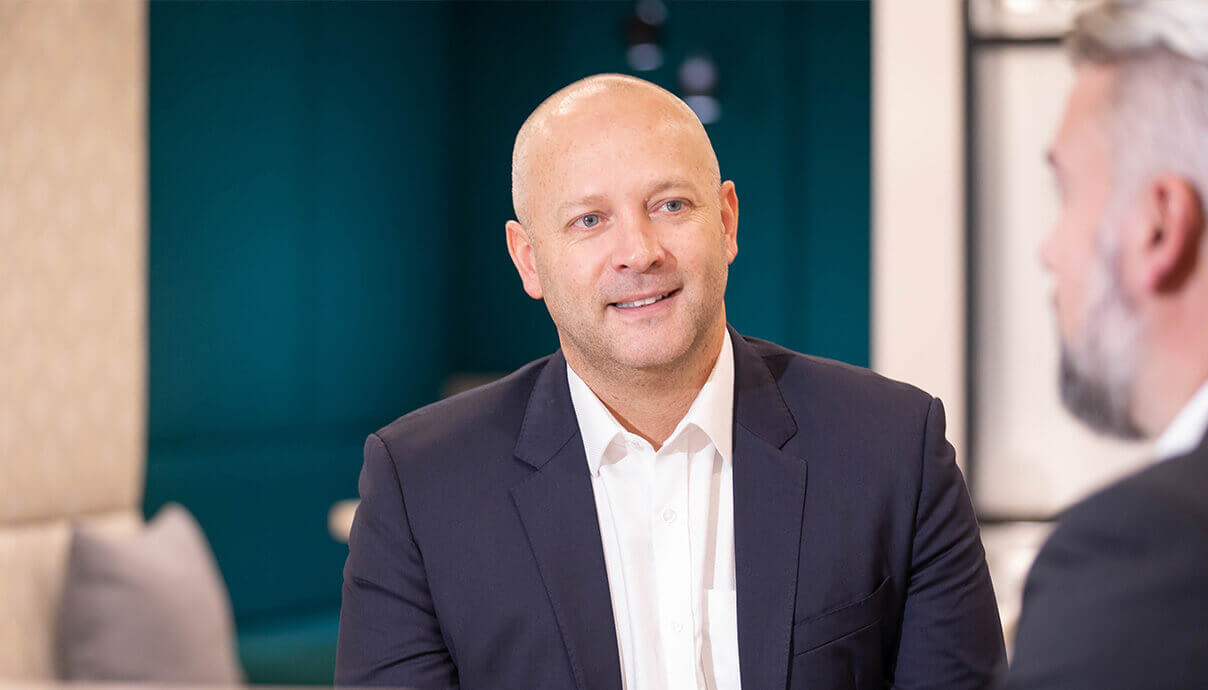
Placing inclusion at the heart of strategy
Caroline Green, Senior Partner
"If everyone comes from the same background, with the same experiences and skillset, we won’t be representative of society and we won’t be able to provide the best service to our clients."Find out more
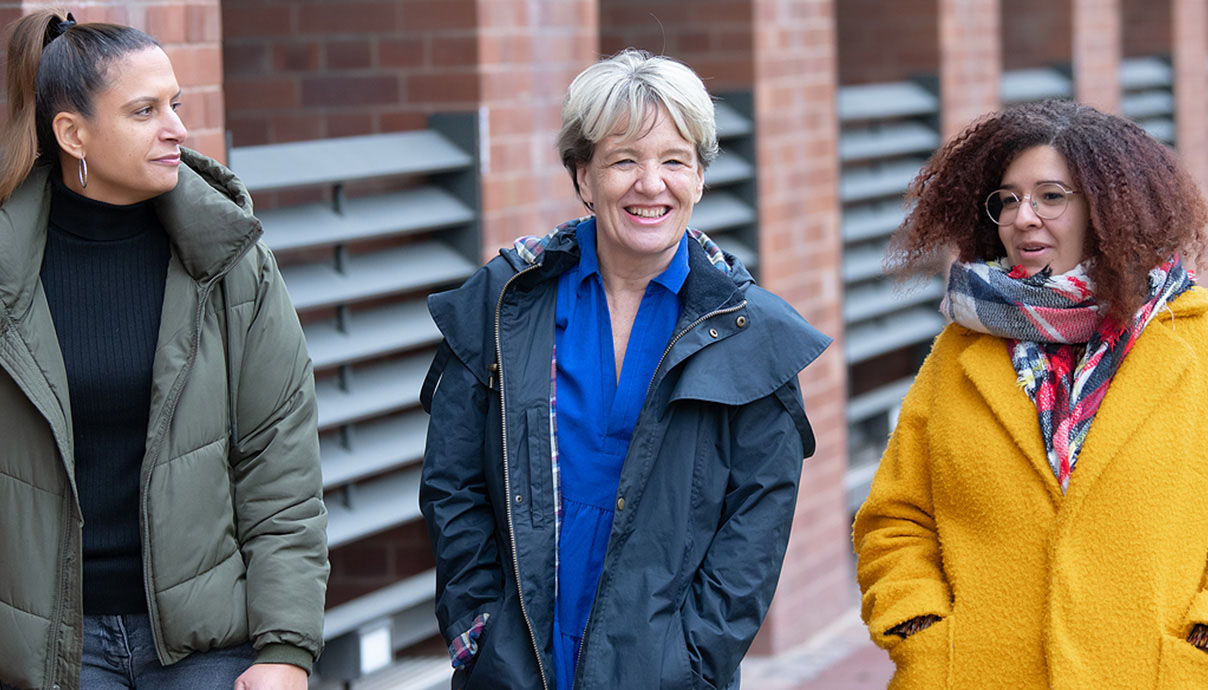
Courageous conversations: turning words into action
Grace Woolford, Practice Assistant
"You may never know who is being excluded until you hear about it from their perspective. It’s amazing how hearing one other person’s perspective can alter our own."Find out more

Career stories
Trainee solicitor
"I didn’t want my future to be shaped by how little money my parents had."Read more
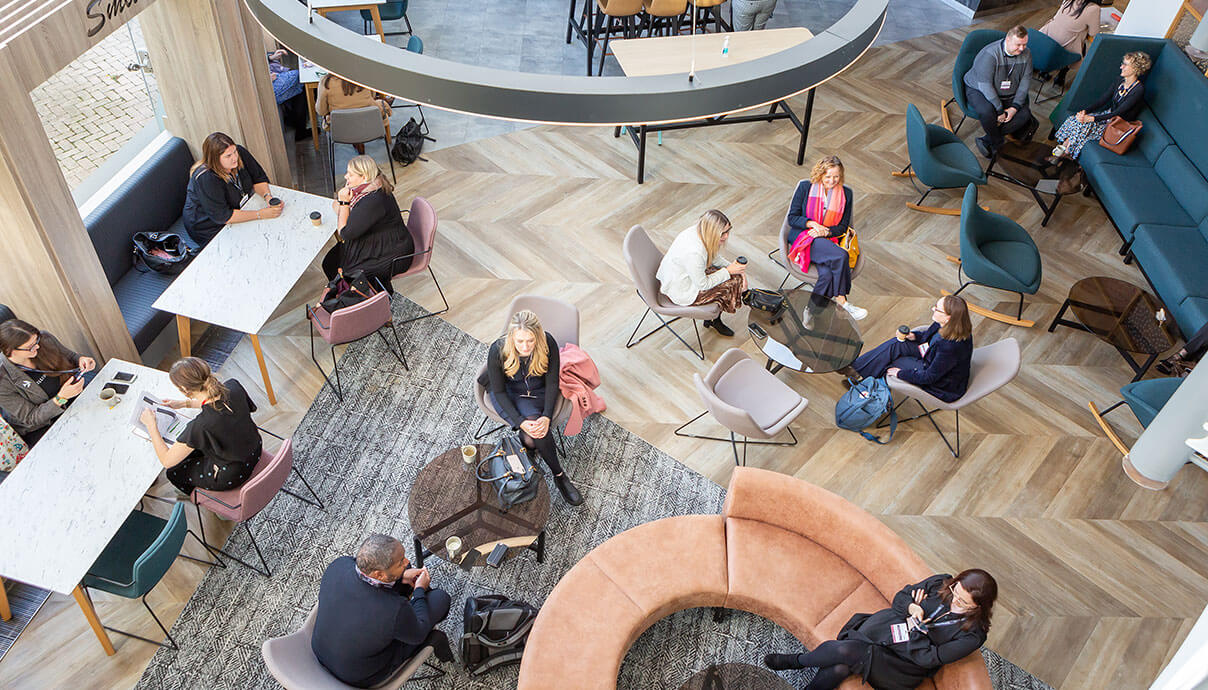
Browne Jacobson officially launches REACH mentoring scheme to support aspiring Black lawyers
Bridget Tatham
"As a business we are committed to building an inclusive and diverse pipeline of talent, where Black lawyers are not only provided with a level playing field but are equipped with tools and interventions to place them on an equitable and just footing with their peers."Read more
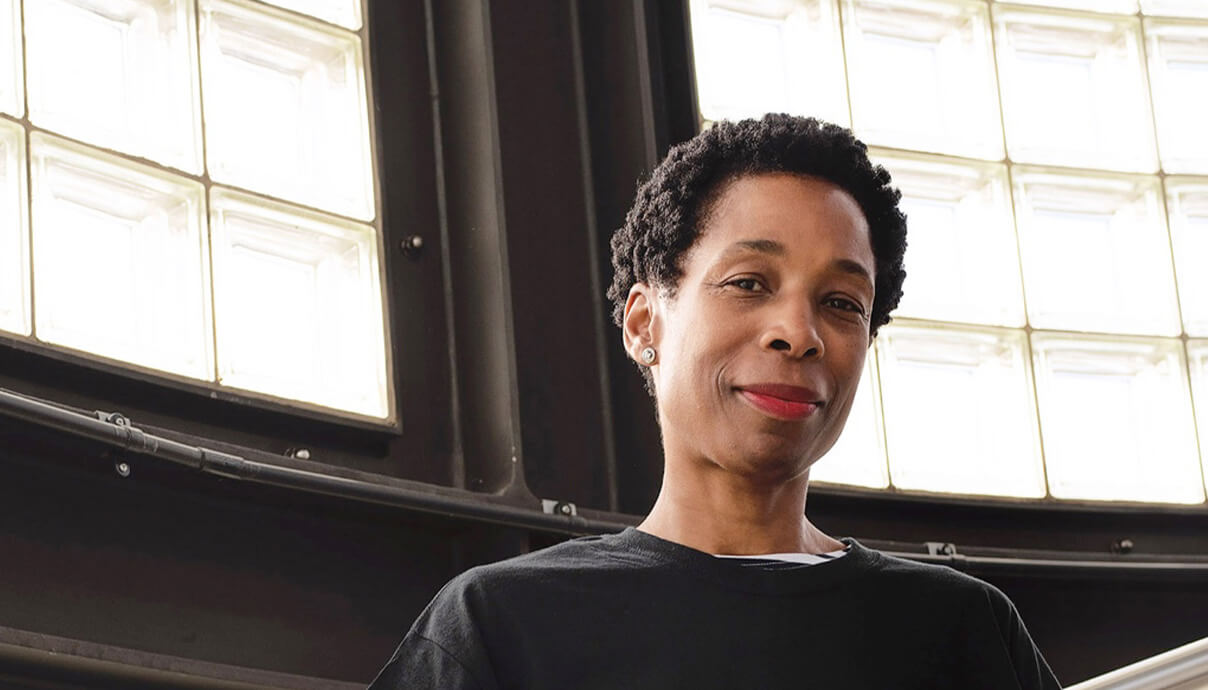
Awards and accreditations
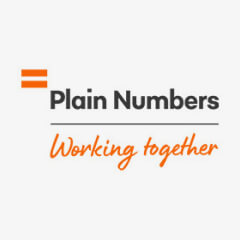
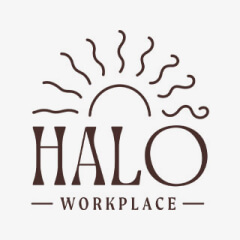
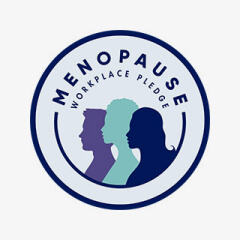
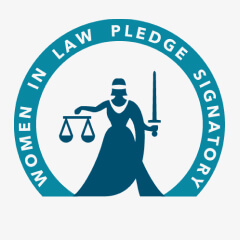

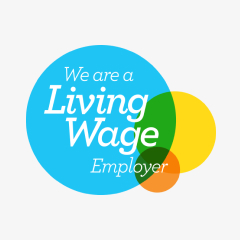
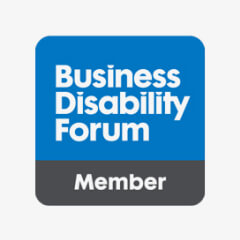
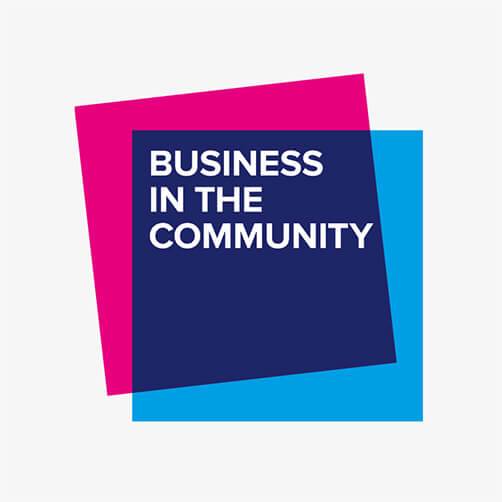
Key contacts
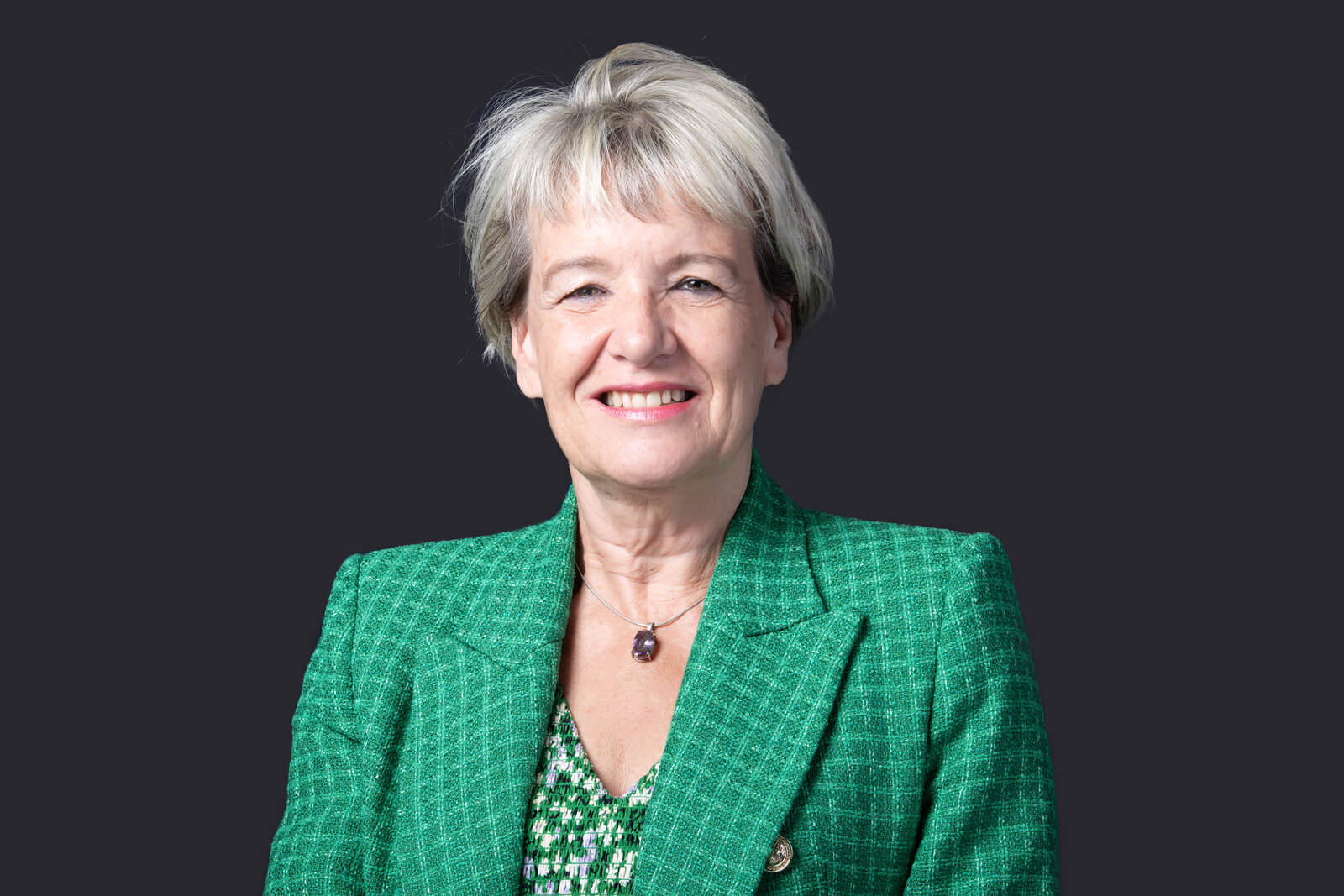
Caroline Green
Senior Partner

Oliver Holmes
Head of Diversity, Equity and Inclusion
